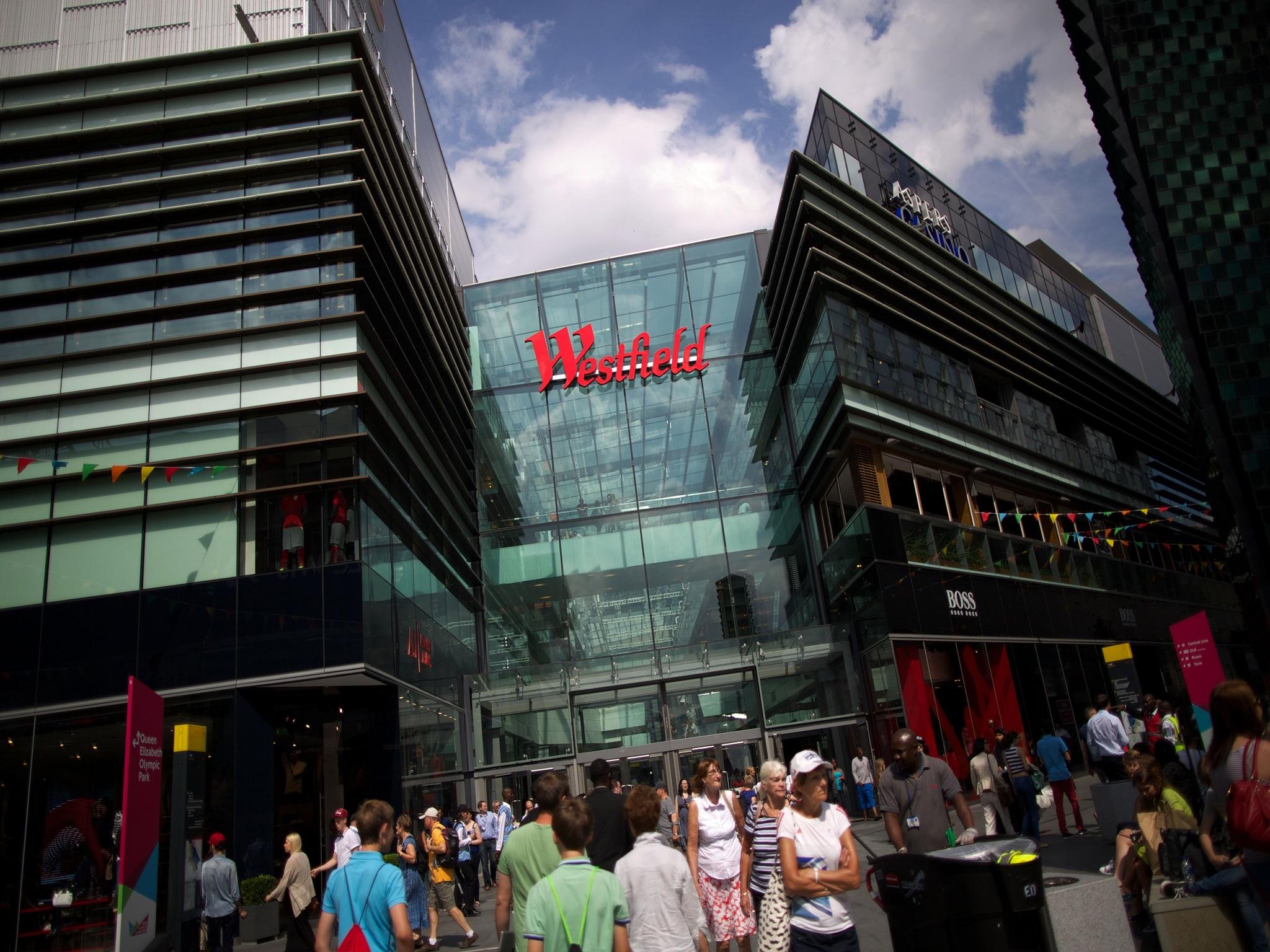The Independent's journalism is supported by our readers. When you purchase through links on our site, we may earn commission.
UK inflation unexpectedly jumps as the pound sterling's slump after Brexit vote still affects prices
The reading was 2.9 cent in August and outstripped expectations of City of London analysts

Inflation rose unexpectedly to 2.9 per cent in August, as the slump in sterling since the Brexit vote continued to have a powerful impact on domestic UK prices.
The reading was up from 2.6 per cent in July and outstripped expectations of City of London analysts of a 2.8 per cent print from the Office for National Statistics.
It matched the reading from May, which was itself the highest since June 2013.
Core inflation - which strips out volatile energy and food prices - jumped 2.7 per cent, up from 2.4 per cent previously.
The news sent the value of sterling up 0.67 per cent on the day to $1.3248, the highest since September 2016, as traders bet on an earlier interest rate rise from the Bank of England.
The Bank is due to vote again on rates on Thursday and members of the nine-person Monetary Policy Committee have warned that that their tolerance for higher inflation, despite the weakness of the overall economy, is limited.
"We still expect a 7-2 vote for unchanged rates. But unemployment is lower than in early 2016. The risks of a hike are not zero and may be growing," said economists from Bank of America Merrill Lynch.
The Bank's most recent inflation forecast had been for inflation to peak at 2.75 per cent in the final quarter of this year.
The biggest contributor to the change in the CPI inflation rate in August was from clothing and footwear costs, followed by transport, both reflecting higher import costs since the record slump of sterling in the immediate wake last year's Brexit vote.
The cost of fuel was up 5.1 per cent on the same month a year earlier.
There was also upward pressure from furniture and household equipment.
The latest inflation rate means prices continue to well outstrip rises in average wages, meaning a likely continued squeeze on household consumption.
“While the impact of the weakened currency is expected to fade and inflation is close to peaking, today’s data, alongside ongoing weak pay growth, reiterates the tightening prospective for consumer wallets heading into the Autumn. As such with subdued consumer demand, the focus shifts toward supporting businesses to push the economy forward," said Tej Parikh, an economist at the Institute of Directors
The ONS also reported that factory input prices were 7.6 per cent higher on the year in August, sharply up from the 6.2 per cent rate in July, mainly driven by higher oil prices.
Factory output prices rose 3.4 per cent, accelerating from the 3.2 per cent rate previously, and implying the possibility of more upward pressure on consumer prices in the months ahead.
Meanwhile, the ONS also reported that house prices were up 5.1 per cent in the year to July, the growth rate unchanged from June.
See how much you could save on international money transfers with HiFX: sign up and make a transfer
Subscribe to Independent Premium to bookmark this article
Want to bookmark your favourite articles and stories to read or reference later? Start your Independent Premium subscription today.

Join our commenting forum
Join thought-provoking conversations, follow other Independent readers and see their replies